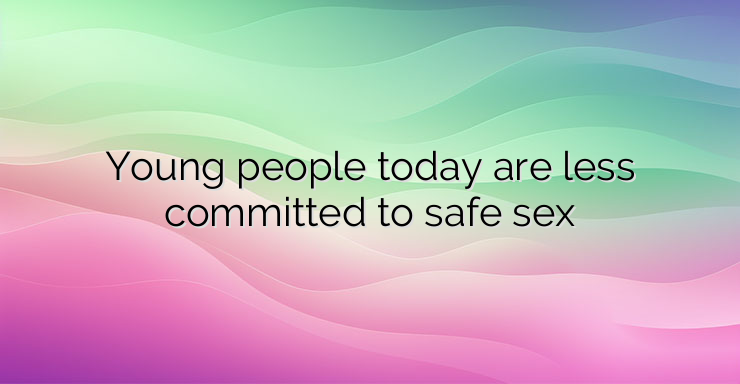Young people around the world are becoming less aware of ways to protect themselves from sexually transmitted diseases during sex, a new large-scale survey suggests. The data show an increase in the tendency among young people to have sex without using contraceptives. Despite the wide access to information and the ease with which it can be found, young people are not interested in ways to protect themselves until they feel threatened, researchers say. Only half of European countries include sex education classes in the curriculum. According to experts, this is a problem area in terms of the health culture of young people. A large percentage of teenagers feel uncomfortable talking to their parents about contraceptive use, especially those who start having sex too early. For this reason, sexual health classes in schools are especially necessary, experts believe. NEWS_MORE_BOX Teenagers have the wrong idea about how to prevent unwanted pregnancy. Some of them believe that one cannot get pregnant during the menstrual cycle or that washing with soap is an effective enough form of contraception. However, the truth is that getting pregnant during a cycle is possible and depends on biological features that are strictly individual for each girl. Douching is not a form of contraception. Moreover, it creates an alkaline environment in the genitals that protects the sperm from dying. It would be more effective for the girl to urinate after intercourse, since urine has an acidic content, which is more likely to disturb the sperm, but not to prevent pregnancy. The lack of knowledge of how teenagers can effectively protect themselves not only from unwanted pregnancy, but also from dangerous sexually transmitted diseases, especially with frequent changes of partners, can be particularly dangerous. The researchers hope the study will gain traction and that its data will influence school guidelines for including sexual health classes.


Leave a Reply